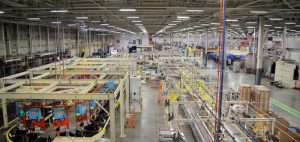
How COVID-19 is changing packaging
Shifting consumer shopping habits during the COVID-19 pandemic drove changes all up and down the supply chain — including in the way goods are packaged.

Shifting consumer shopping habits during the COVID-19 pandemic drove changes all up and down the supply chain — including in the way goods are packaged.
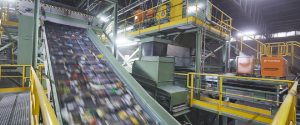
TOMRA and Borealis have today announced the operational start of their advanced mechanical recycling demo plant in Lahnstein, Germany, the result of a partnership that marries chemistry with technology for unsurpassed results.
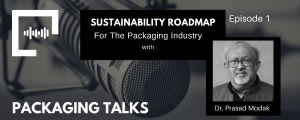
Packaging 360 is proud to present Dr. Prasad Modak, Executive President; Environmental Management Centre (EMC) as our guest in our inaugural episode of Packaging Talks. In this episode, Dr. Modak shares his insights into the various aspects of Sustainability & Circular Economy.

Supermarkets and food giants ditching plastic packaging are swapping to even more environmentally damaging materials, an investigation has found.
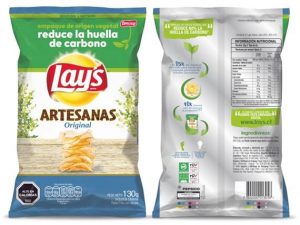
PepsiCo, producer of soda beverages and snack brands such as Lay’s potato chips, among other products, joined forces with Danimer Scientific several years ago with the goal to develop sustainable flexible packaging, Danimer says in a news release published on its website.
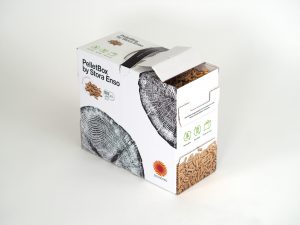
Stora Enso’s design for eco-friendly pellet packaging was awarded with a prestigious Worldstar award. The renewable and recyclable packaging is designed for heavy use in transporting and warehousing of wood pellets for heating.

Unilever has worked with Chinese ecommerce giant Alibaba to create a system of recycling machines which use artificial intelligence to automatically identify and sort plastic packaging.
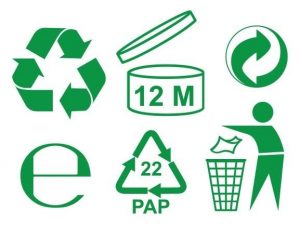
The plastics recycling market in India is estimated to grow at a rate of 6.5% to attain a market size of US $53.72 billion by the end of 2023.
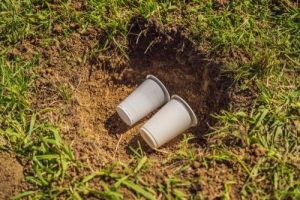
Berlin, 17 December 2020 – This week the European Commission’s Scientific Advice Mechanism (SAM) published a report, entitled “Biodegradability of plastics in the open environment”. The report identifies applications of biodegradable polymers which contribute towards achieving a circular economy and tackle the challenge of managing the EU’s waste.

KEYCYCLE, a subsidiary of the EREMA Group, is intensifying cooperation with technology developer Cadel Deinking, and has exclusive sales rights.

A massive increase in biodegradable plastic production in China is outpacing the country’s ability to degrade the materials, according to a new report published by the charity Greenpeace.
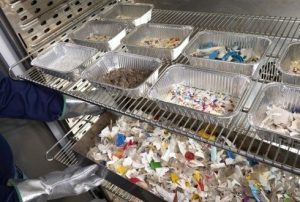
Scientists have defined the theoretical limit in circularity for plastic packages, after multiple years of data collection and modelling. This is relevant for all stakeholders, since most of them strive towards higher recycling rates to alleviate the environmental impact of plastic waste.